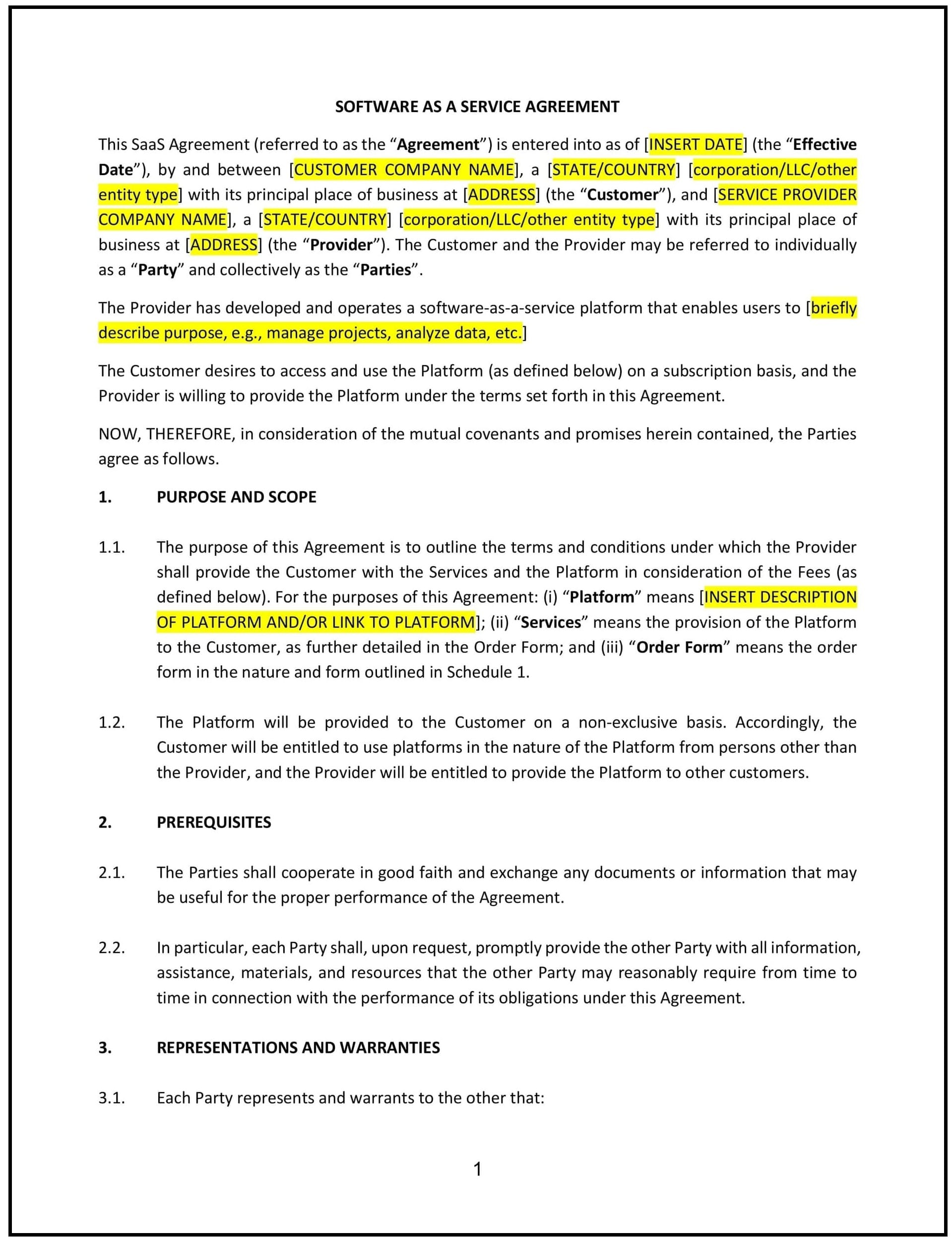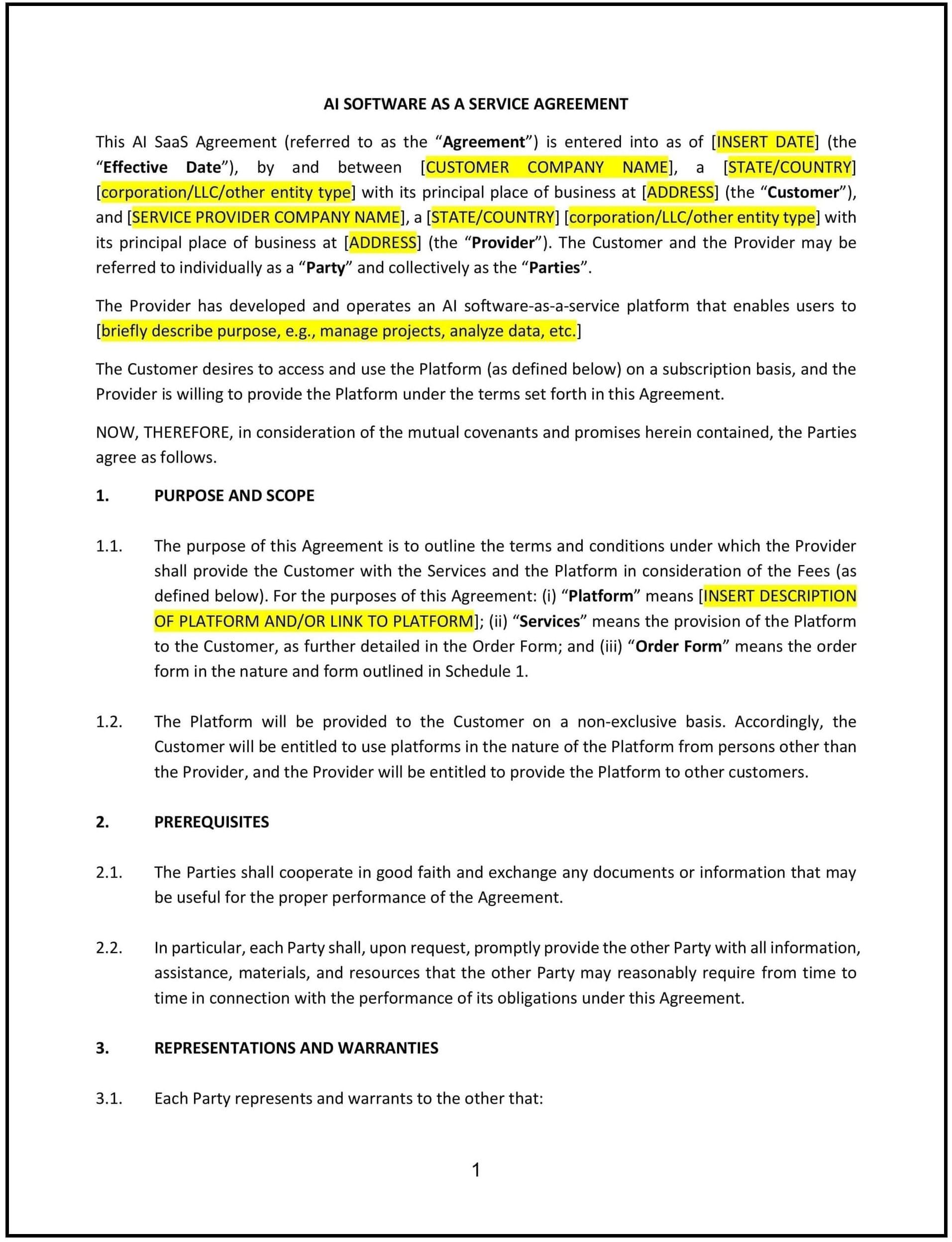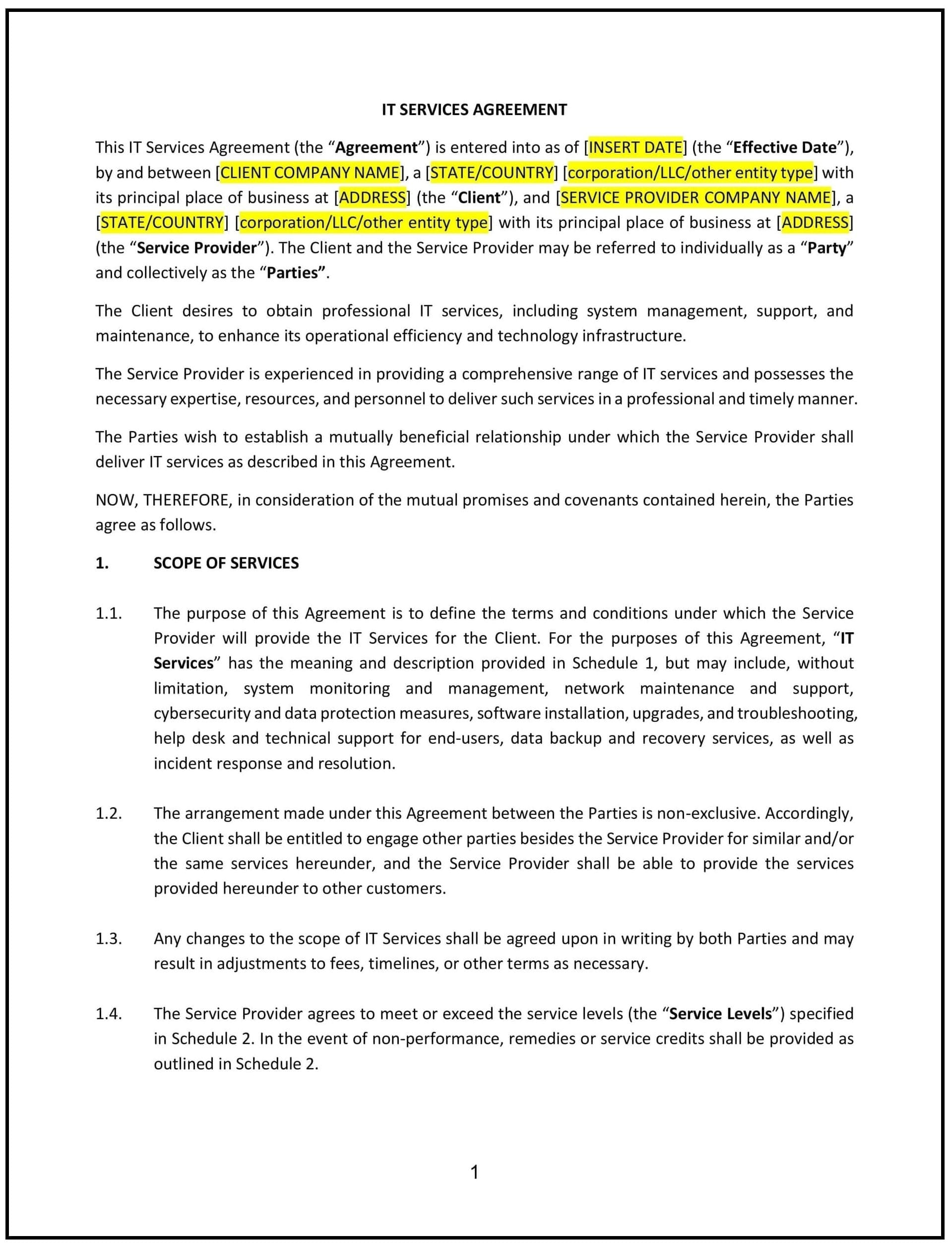Employee Non-Compete Agreement (California): Free template
Employee Non-Compete Agreement (California)
An Employee Non-Compete Agreement is a legal contract between an employer and an employee that restricts the employee’s ability to engage in competitive activities, such as working for a competitor or starting a competing business, during and after their employment. However, in California, non-compete agreements are heavily restricted and generally unenforceable under state law, except in very limited circumstances. California prioritizes an employee’s right to work and earn a livelihood over an employer’s desire to restrict competition.
For example, a tech startup in San Francisco cannot enforce a non-compete agreement against a former software engineer who joins a competitor, as California law prohibits such restrictions.
Tips for drafting and maintaining an Employee Non-Compete Agreement in California
- Understand California’s restrictions: Non-compete agreements are generally unenforceable in California under Business and Professions Code Section 16600, which states that every contract restraining someone from engaging in a lawful profession, trade, or business is void.
- Identify exceptions: Limited exceptions exist, such as agreements made in connection with the sale of a business or dissolution of a partnership, where non-compete clauses may be enforceable.
- Example: “This Agreement is entered into in connection with the sale of the business and is intended to comply with California Business and Professions Code Section 16601.”
- Focus on confidentiality agreements: Instead of non-compete clauses, employers should rely on confidentiality agreements and trade secret protections to safeguard sensitive information.
- Example: “The Employee agrees not to disclose, use, or exploit any confidential information obtained during their employment for personal gain or the benefit of any third party.”
- Include non-solicitation clauses: Employers can include provisions prohibiting employees from soliciting clients, customers, or other employees after leaving the company.
- Example: “The Employee agrees not to solicit the Employer’s clients, customers, or employees for a period of [X] months/years following the termination of employment.”
- Outline governing law and jurisdiction: Ensure the agreement specifies that it is governed by California law and identifies the appropriate courts for dispute resolution.
- Example: “This Agreement is governed by the laws of the State of California. Any disputes arising under this Agreement shall be resolved in the courts of [County], California.”
- Include signatures: Both parties must sign and date the agreement to make it legally binding.
- Example: “IN WITNESS WHEREOF, the parties have executed this Agreement as of the date first written above.”
Frequently asked questions (FAQs)
Q: Are Employee Non-Compete Agreements enforceable in California?
A: Generally, no. Employee Non-Compete Agreements are unenforceable in California under Business and Professions Code Section 16600, which prohibits agreements that restrain an individual’s ability to engage in a lawful profession, trade, or business.
Q: Are there any exceptions to California’s ban on non-compete agreements?
A: Yes, limited exceptions exist, such as agreements made in connection with the sale of a business or dissolution of a partnership. Additionally, non-solicitation clauses and confidentiality agreements are enforceable.
Q: Can an Employer restrict an Employee from working for a competitor in California?
A: No, employers cannot restrict employees from working for competitors after leaving the company. However, they can protect trade secrets and confidential information through confidentiality agreements.
Q: What happens if an Employer tries to enforce a non-compete agreement in California?
A: Courts will likely deem the agreement void and unenforceable. The Employee may also have grounds to sue the Employer for wrongful termination or interference with their right to work.
Q: Can an Employer use non-solicitation clauses in California?
A: Yes, non-solicitation clauses are enforceable in California, provided they are reasonable and do not unduly restrict an Employee’s ability to work. These clauses can prohibit Employees from soliciting clients, customers, or other employees after leaving the company.
Q: How can Employers protect their business interests in California without non-compete agreements?
A: Employers can rely on confidentiality agreements, trade secret protections, and non-solicitation clauses to safeguard sensitive information and maintain competitive advantages.
This article contains general legal information and does not contain legal advice. Cobrief is not a law firm or a substitute for an attorney or law firm. The law is complex and changes often. For legal advice, please ask a lawyer.


